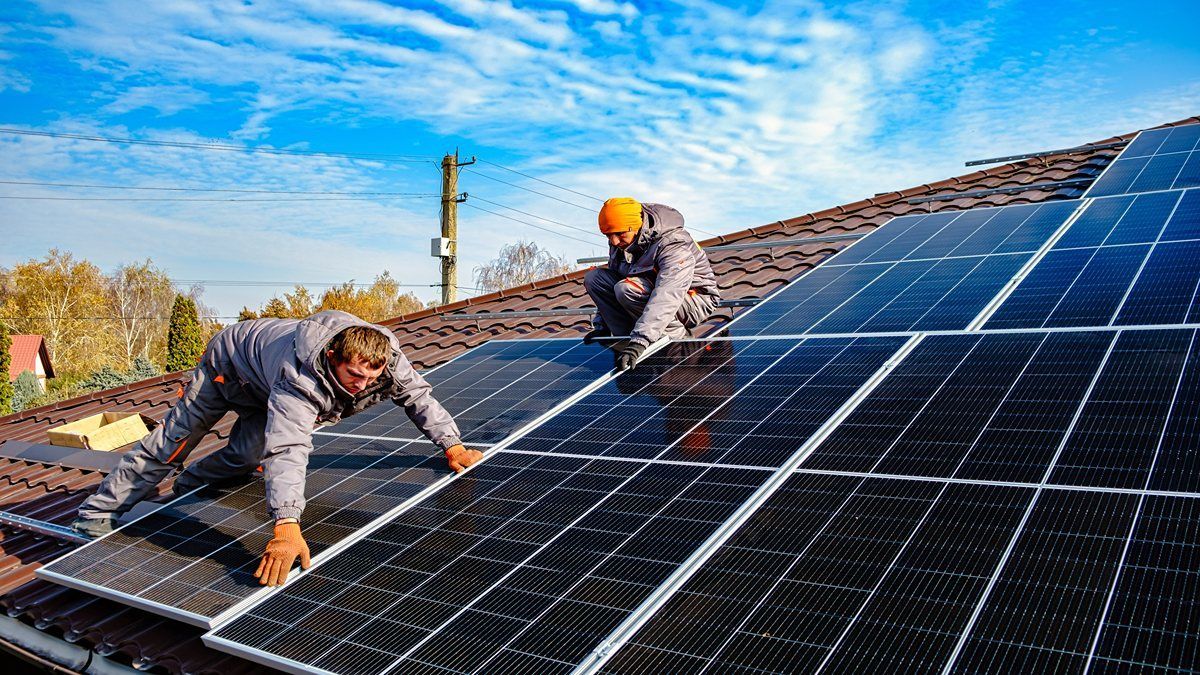Solar cell for home
Allesun was incorporated in May 2006, current headquarter in San Jose California USA and Vancouver Canada, one manufacturer each in Laos and USA.

Allesun was incorporated in May 2006, current headquarter in San Jose California USA and Vancouver Canada, one manufacturer each in Laos and USA. Specializing in manufacturing Solar Cell Allesun Technology. Current Capacities are 1GW solar cells and 1GW PV modules totally by Sole Invested.
The sun, our constant and abundant source of energy, is increasingly powering homes across the globe. Solar cells, also known as photovoltaic (PV) cells, are at the heart of this revolution, offering homeowners a sustainable and cost-effective way to generate electricity.
How Solar Cells Work:
Solar cells are made of semiconductor materials, typically silicon. When sunlight strikes these cells, it dislodges electrons, creating an electrical current. This direct current (DC) electricity can then be used to power appliances directly or converted to alternating current (AC) for use in standard household circuits.
Benefits of Home Solar:
- Reduced Electricity Bills: By generating your own electricity, you significantly lower your reliance on the grid and reduce your monthly energy costs.
- Environmental Friendliness: Solar energy is a clean and renewable source, producing no harmful emissions. It helps reduce your carbon footprint and combat climate change.
- Increased Home Value: Homes equipped with solar panels are generally more attractive to buyers, potentially increasing your property value.
- Energy Independence: Solar power provides a degree of energy independence, reducing vulnerability to grid outages and fluctuations in energy prices.
- Government Incentives: Many governments offer financial incentives like tax credits and rebates to encourage solar adoption.
Types of Home Solar Systems:
- Grid-Tied Systems: These systems are connected to the utility grid. Excess solar energy is fed back into the grid, and you receive credits for the energy produced.
- Off-Grid Systems: These systems operate independently of the grid, using batteries to store excess solar energy.
- Hybrid Systems: These systems combine grid-tied and off-grid features, providing both grid connectivity and backup power during outages.
Considerations for Homeowners:
- Sun Exposure: The amount of sunlight your roof receives is crucial. A south-facing roof with minimal shading is ideal.
- Roof Condition: Your roof must be in good condition to support the weight and withstand the installation process.
- Local Regulations: Familiarize yourself with local building codes and permitting requirements for solar installations.
- Cost and Return on Investment: Analyze the upfront costs, government incentives, and potential energy savings to determine the financial viability of a solar system.
The Future of Home Solar:
Technological advancements are continuously improving the efficiency and affordability of solar cell for home. As the demand for clean energy grows, home solar will likely become even more prevalent, playing a vital role in a sustainable energy future.
What's Your Reaction?



















.jpg)
